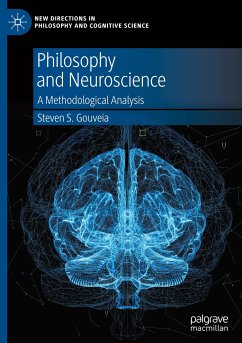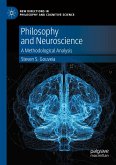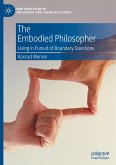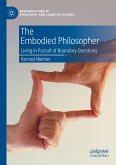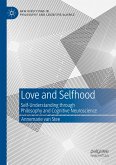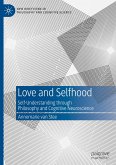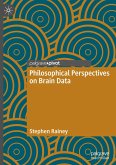This book explores the methodological strategies for linking philosophy and neuroscience concerning the study of the conscious brain. The author focuses on four distinct methods for relating these two academic disciplines: isolationist, reductionist, neurophenomenological, and non-reductionist. After analyzing the pros and cons of these approaches, Steven S. Gouveia applies them to the concept of Qualia and Information to understand how the metaphilosophical assumptions of each approach influence the definitions of those specific concepts. Gouveia argues for an approach that conceives the interdisciplinarity of both philosophy and neuroscience, in a particular and sound methodology, offering empirical examples of the explanatory power of this methodology over the others. Additionally, he shows how the metaphilosophical assumptions of each methodology-usually taken by researchers implicitly and unconsciously-influence their own approach to the methodological problem.
"This book is recommended for anyone interested in challenges at the interface between contemporary philosophy of neural science and the science of neuroscience. ... That said, the author does a first-rate job in guiding readers through a number of these issues in contemporary epistemology and the cognitive neurosciences. A challenging read but well worth the effort." (Paul Tibbetts, The Quarterly Review of Biology, Vol. 98 (4), December, 2023)

